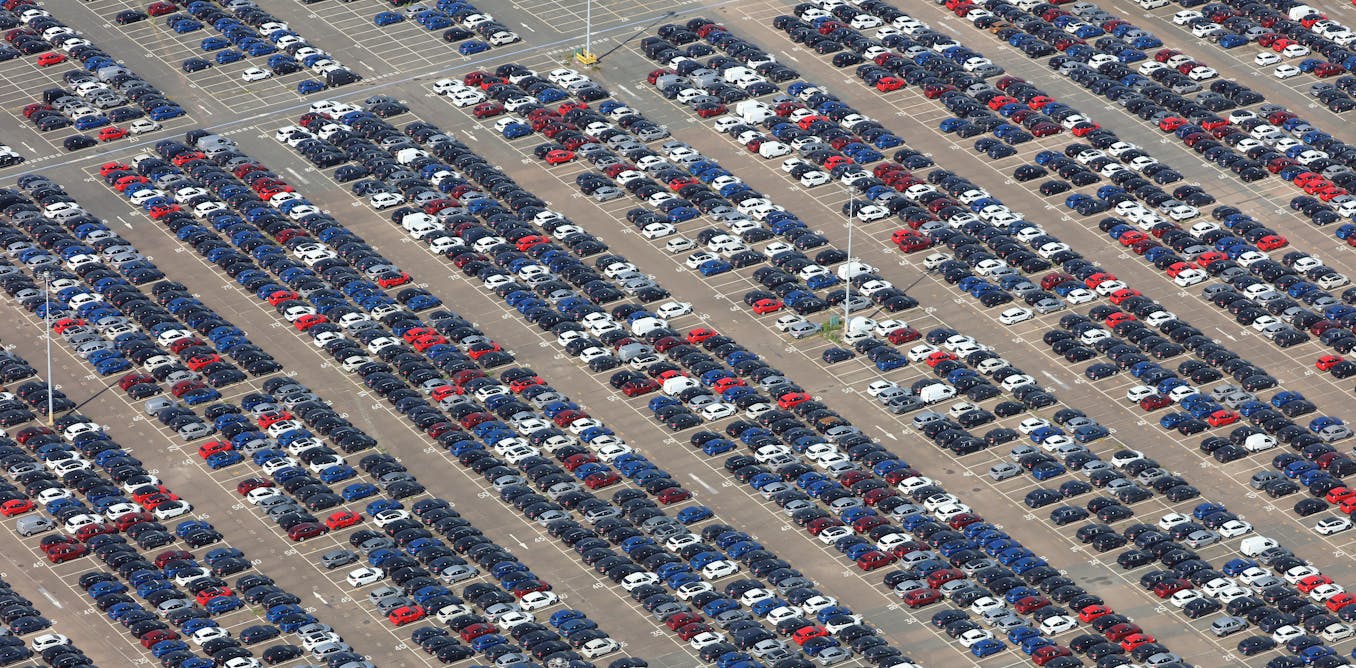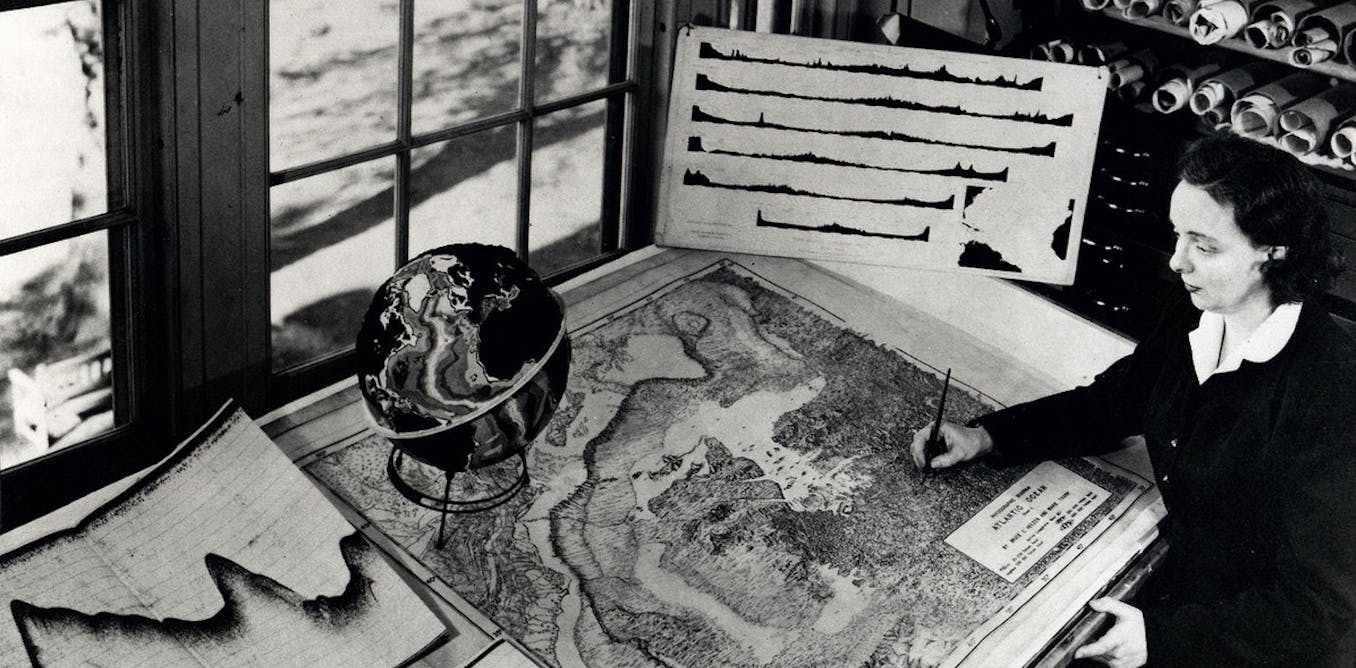Marie Tharp pioneered mapping the bottom of the ocean 6 decades ago – scientists are still learning about Earth's last frontier
Born on July 30, 1920, geologist and cartographer Tharp changed scientific thinking about what lay at the bottom of the ocean – not a featureless flat, but rugged and varied terrain.
July 28, 2020 • ~10 min
Women in STEM: Professor Marian Holness
Professor Marian Holness leads a research group in the Department of Earth Sciences, and studies the processes which occur during the melting and solidification of rocks. Here, she tells us how time spent in quiet activities like running, knitting and even breastfeeding have helped to trigger new insights in her research.
Oct. 31, 2019 • ~3 min
Women in STEM: Dr Helen WIlliams
Dr Helen Williams is a Reader in Cambridge's Department of Earth Sciences and a Fellow of Jesus College. Here, she tells us about using rocks as pieces of forensic evidence, what it's like hundreds of kilometres below the Earth's surface, and why Cambridge brings out the best in her.
Oct. 3, 2019 • ~3 min
‘Crystal clocks’ used to time magma storage before volcanic eruptions
The molten rock that feeds volcanoes can be stored in the Earth’s crust for as long as a thousand years, a result which may help with volcanic hazard management and better forecasting of when eruptions might occur.
July 18, 2019 • ~5 min
/
3



